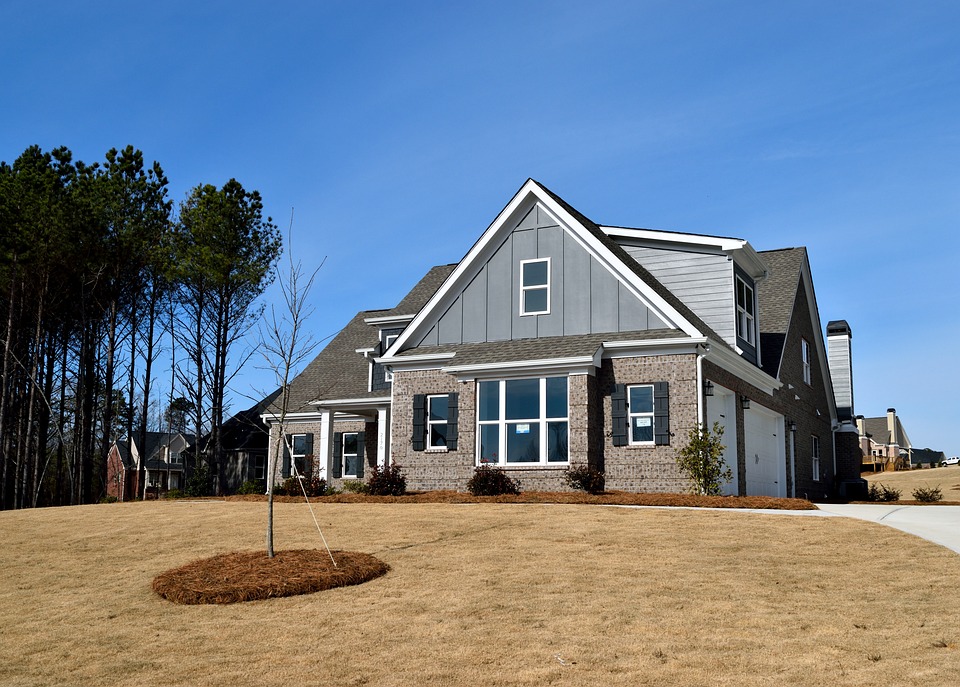Buying a home is one of the biggest financial decisions most people will make in their lifetime. With the average price of a home in the United States hovering around $250,000, it’s important to carefully consider your budget before diving into the home buying process. By determining your budget upfront, you can avoid the stress of overspending and ensure that you find a home that fits your financial situation.
The first step in determining your budget for buying a home is to take a close look at your current financial situation. Start by calculating your monthly income and subtracting any recurring expenses you have, such as rent, car payments, and student loan payments. This will give you a good idea of how much money you have left over each month to put towards a mortgage payment.
Next, consider how much money you have saved for a down payment. In general, it’s recommended to have at least 20% of the home’s purchase price saved for a down payment. However, there are loan programs available that require a lower down payment, so it’s important to explore all of your options.
Once you have a clear understanding of your income, expenses, and savings, it’s time to get pre-approved for a mortgage. A mortgage lender will review your financial information and credit history to determine how much money they are willing to lend you. This pre-approval will give you a better idea of your budget and help you narrow down your home search.
When determining your budget for buying a home, it’s also important to consider additional expenses beyond the mortgage payment. These can include property taxes, homeowners insurance, utilities, maintenance costs, and HOA fees. It’s important to factor these expenses into your budget to ensure you can comfortably afford homeownership.
Finally, remember that just because a lender approves you for a certain amount doesn’t mean you have to spend that much on a home. It’s important to set a realistic budget that allows you to live comfortably and save for the future. Avoid falling into the trap of “house poor” by stretching your budget too thin.
In conclusion, determining your budget for buying a home is a crucial step in the home buying process. By carefully evaluating your financial situation, getting pre-approved for a mortgage, and considering all expenses, you can find a home that fits your budget and allows you to live comfortably. Don’t break the bank – take the time to determine your budget before starting your home search.






















